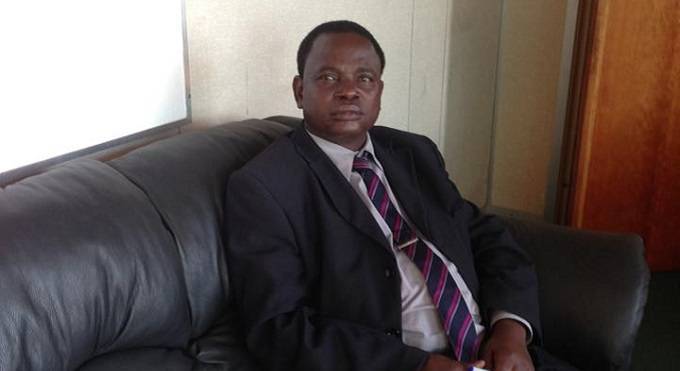
Michell Zvanyanya, Chronicle Reporter
BULAWAYO water supply dams have recorded a one percent increase in capacity following rains received last week.
In a statement, Bulawayo Town Clerk, Mr Christopher Dube, said the minimal inflows were received in Upper Ncema, Inyankuni and Umzingwane Dams.
“Insiza Dam is sitting on 37,16 percent, Inyankuni 52,44 percent and Lower Ncema 17,17 percent. Umzingwane Dam is at 4,48 percent, Upper Ncema is at 10,85 percent and Mtshabezi Dam 57,40 percent. The total operational Dam level is 35,39 percent,” he said.
Recently, the BCC said the 96-hour water shedding programme would ensure that the water supply lasts up to April next year as long as there are no significant inflows into the dams.
In a media briefing held last week, BCC Director of Engineering Services, Engineer Simela Dube, said the minimal inflows received into Upper Ncema will be released into Lower Ncema to stretch its water supply to end of next month, a development that will stop it from being decommissioned by end of this month as the local authority had anticipated.
“From the current statistics, Insiza Dam will provide us with water until next year if nothing changes in the next remaining rainy season period. Inyankuni Dam will still take us up to 2022. As for Lower Ncema, recently we had anticipated that it will run out of water by end of this month but we have experienced little inflows into Upper Ncema which we will immediately release to Lower Ncema to allow it to push us up to end of next month,” he said.
“Umzingwane Dam and Upper Ncema remain decommissioned. Mtshabezi Dam will take us to December 2023 meaning with the current 96-hour water shedding schedule, we might crawl until another rainy season comes through. But we will obviously resort to using tighter water rationing limits when we decommission Lower Ncema next month.”
Eng Dube said the local authority is working towards finalising the Bulawayo Water and Sewerage Services Improvement Project (BWSSIP) which will result in the upgrading and renewal of water pipes in the city’s wards as well as replacement of 18 000 non-functional water meters in the Magwegwe and Criterion reservoir zones to ensure the water shedding schedule does not worsen.
“Currently the BWSSIP work is at 30 percent in progress and almost 90 percent on the water mains upgrading. The 30 percent is actually looking at non-revenue water reduction which will see us going to residential areas putting almost 18 000 water meters, replacement of about 45km water lines and replacement of those service connections to minimise water loss,” he said.
“The rehabilitation of the Criterion afterworks is almost 95 percent complete with the other five percent being the additional work that we had to put through after the first stage was completed to improve on the efficiency. We have done the final inspection of the pumps for Ncema and Fernhill and we are expecting delivery starting from this month going forward.”
The local authority also applied to Government to declare the city’s water crisis an emergency in anticipation of increased volumes of people to visit the city during the national Independence Day celebrations and Zimbabwe International Trade Fair in April.
BCC said the declaration will enable developmental partners to mobilise resources towards provision of water in the city. – @michellzvanmyanyan2
